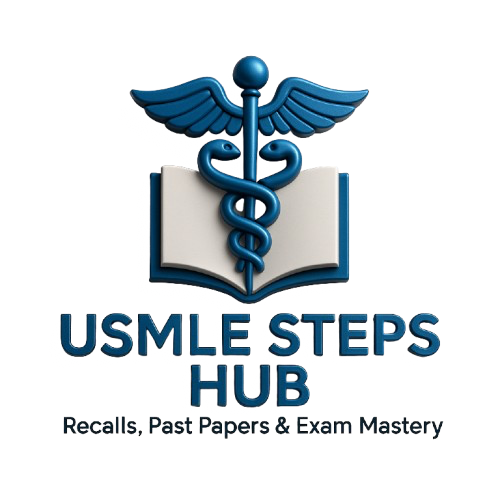How to Study for Shelf Exams: Your Ultimate Guide
Studying for shelf exams in medical school can be a daunting task. These exams are notoriously challenging, requiring substantial preparation and effort. However, with the right strategies and techniques, med students can significantly increase their chances of success. In this blog, we’ll explore high-yield study techniques for shelf exams, why these exams are crucial, and how study guides can aid your preparation.
Article Contents: 6 min read
What Are Medical School Shelf Exams?
The NBME medicine shelf exams, also known as clinical clerkship exams, are taken during the third year of medical school in the US. Following your clinical rotations, these exams test the practical application of your medical knowledge. They are known for their difficulty and the stress they cause, requiring extensive study time due to the vast amount of medical information covered.
Importance of Shelf Exams
Shelf exams assess your understanding and application of knowledge across seven core rotations: internal medicine, family medicine, surgery, pediatrics, obstetrics and gynecology, psychiatry, and neurology. While not mandatory for all medical programs, they are a popular evaluation tool. Your results might impact your clinical clerkship grades, which are visible to residency programs and can influence your acceptance.
Study Tips for Shelf Exams
Studying for shelf exams can be challenging, especially when balancing clinical rotations. Here are some essential tips to help you prepare effectively:
1. Start Studying from Day One
Begin your preparation as soon as you start medical school or your clinical rotations. Daily studying, even if it's just reviewing your notes, is crucial. Create an outline of the patients you see and take detailed notes from the start. This cumulative approach helps you absorb and retain the vast amount of information needed for the exams.
2. Take Good Notes
Effective note-taking is key to studying efficiently. Avoid passive note-taking and focus on active learning techniques. The Cornell note-taking method, for instance, divides your notes into columns for key information, questions, and summaries, making your review sessions more productive.
3. Use Study Guides and Resources
There are numerous online study guides tailored specifically for shelf exams. These guides can provide valuable insights and practice questions to help you prepare. Utilize resources like AMBOSS or UWorld, which offer comprehensive materials for all subjects covered in the exams.
4. Test Yourself Regularly
Regular self-testing is essential to gauge your understanding and memory. Use question banks, practice tests, and flashcards to challenge yourself. Cover a broad range of subjects and ensure you’re not neglecting any area, even if it seems less interesting.
5. Break Concepts Down
Organize your study material by subjects and sub-disciplines to make it more manageable. For example, divide your internal medicine notes into cardiovascular, digestive, and respiratory systems. This structured approach helps in better memorization and recall.
6. Integrate Your Clinical Experiences
Your clinical rotations provide practical examples of the theoretical knowledge you need to master. Connect your patient cases with the study material to create a deeper understanding of concepts. This integration will help you apply your knowledge in real-world scenarios during the exams.
7. Practice Physical Exam Maneuvers
Even though the shelf exams are online, practicing physical exam maneuvers can reinforce your understanding of clinical practices. Use your clinical rotations to gain hands-on experience and connect these maneuvers with the concepts you're studying.
Utilizing Study Guides for Shelf Exams
Online study guides, such as UWorld and OnlineMedEd, are invaluable resources. These guides offer detailed strategies and practice questions for each subject. However, don't rely solely on these guides. Personal notes and experiences are equally important for comprehensive preparation.
Conclusion
Preparing for shelf exams during your clinical clerkship can be challenging, but with the right approach, you can excel. Utilize proven study techniques, practice your clinical skills, and make good use of available study guides. And remember, study smart by using recalls and real shelf exam premium packages for 2024-2025 to enhance your preparation. With dedication and the right strategies, you can walk into your shelf exams with confidence and succeed.

